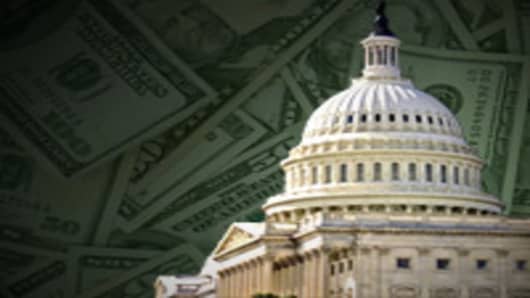The theory goes that small businesses are the center of job creation. So if they’re not getting their fair share of federal funds, how will they be able to solve the nation’s vexing unemployment problem?
It’s a good question, then, that is raised by a recent Pepperdine University study in which four-fifths of the respondents say that privately traded companies—those not listed on major stock market exchanges—have gotten hosed by the government’s stimulus plan.
The survey found that some 80.3 precent of small private business owners felt that economic stimulus funds were geared far more towards publicly held companies.
Just 10.6 percent said the money has been split fairly.
For sure, job growth has been slow across all areas of the spectrum. But small businesses are having an especially hard time considering the lack of availability for credit.
“There is a prevailing view, especially among small private businesses who (sic) represent Main Street that the benefits from the federal stimulus measures largely missed privately held businesses,” John Paglia, lead researcher of the Pepperdine Private Capital Markets, said in a statement that accompanied the research.
Interestingly, of the 1,224 privately held businesses, capital suppliers, intermediaries and service providers surveyed, nearly 70 percent said small businesses will create more jobs in 2011, as opposed to 17.5 percent who said publicly traded companies will be more responsible for driving employment.
But the survey results do jibe with recent data from the National Federation of Independent Business, whose members have expressed only a modest level of confidence and persistently cite government obstacles as a reason for their pessimism.
The problem with such things is they are based largely on perception.
Recovery.gov, which is set up by the government to track stimulus spending, does not break down disbursements by public and private companies.
One thing the private companies have to bolster their argument: When the stimulus was approved in February 2009 the unemployment rate was 8.2 percent. It’s now 9.4 percent.
___________________________________________________
Questions? Comments? Email us at NetNet@cnbc.com
Follow Jeff @ twitter.com/JeffCoxCNBCcom
Follow NetNet on Twitter @ twitter.com/CNBCnetnet
Facebook us @ www.facebook.com/NetNetCNBC



